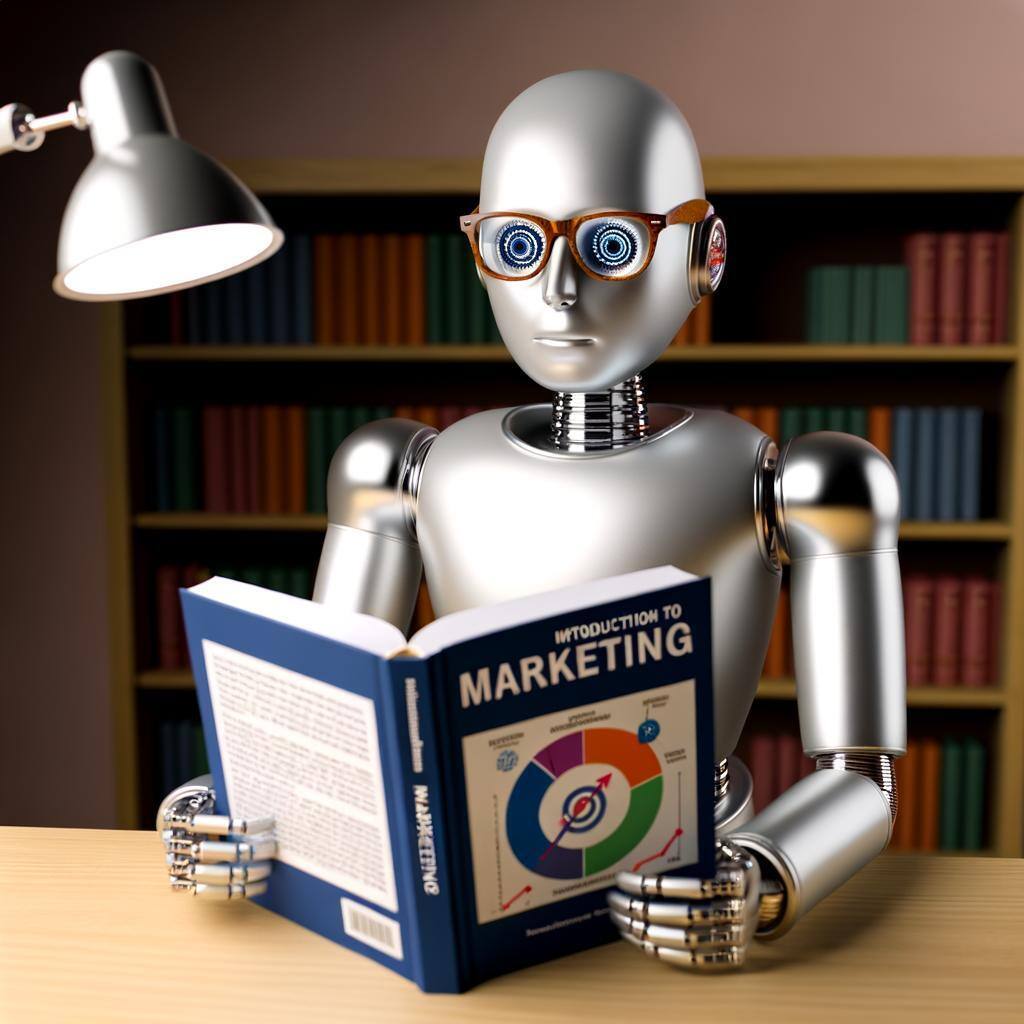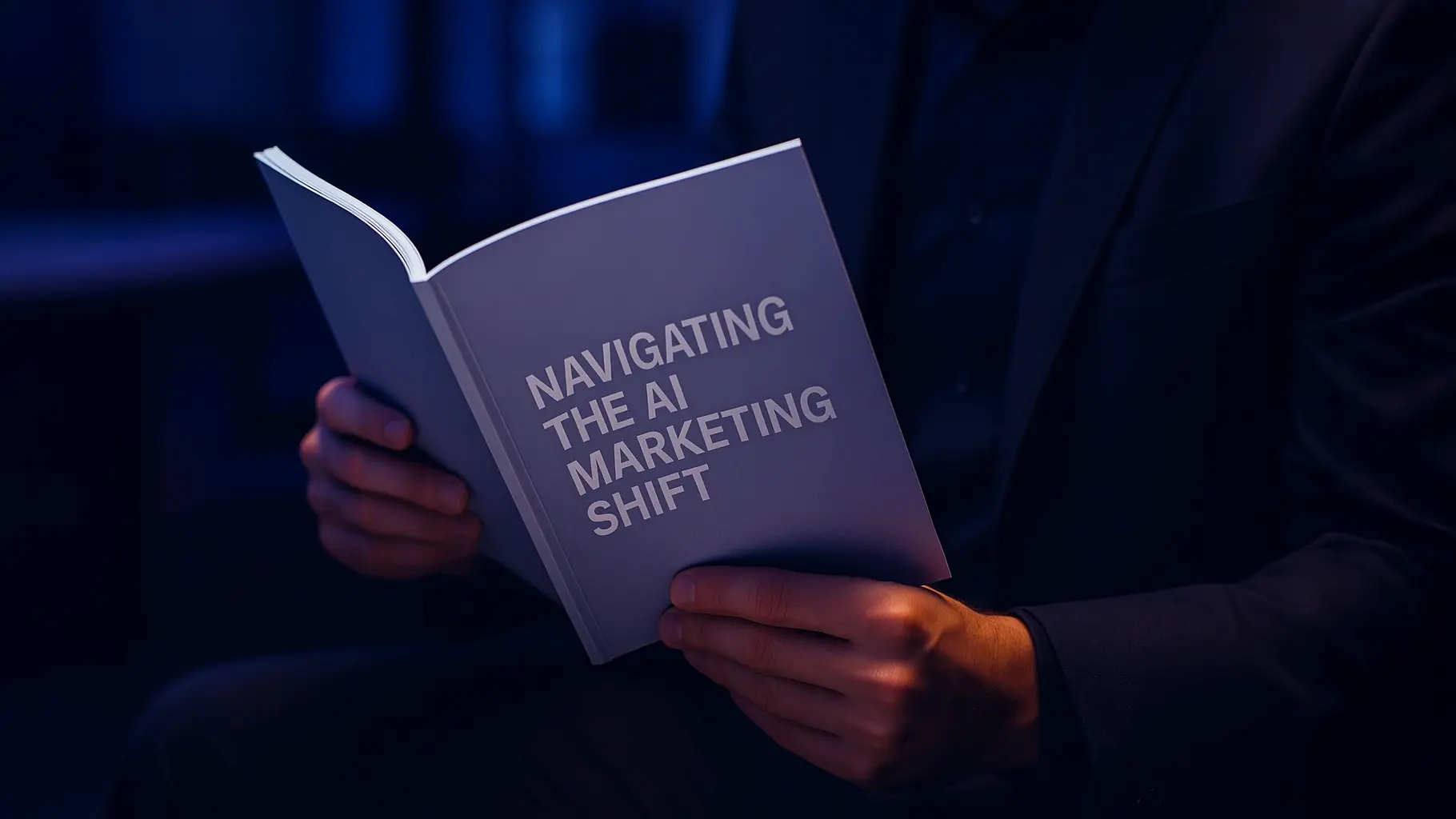As artificial intelligence advances, B2B tech marketers are rushing to adopt AI-powered tools. These promise to streamline operations and boost efficiency. But could this trend be inadvertently dulling our marketing teams' skills?The AI Hype in MarketingThe allure of AI in marketing is clear. It offers personalised content at scale, automated email campaigns, and data-driven insights. HubSpot and similar platforms increasingly integrate AI features for tasks like email marketing and customer relationship management. The market's enthusiasm is evident: OpenAI, a leading AI company, is reportedly in talks for a deal that would value it at $100 billion or more—a significant increase from its valuation earlier this year.The Hidden Costs of Over-AutomationHowever, this AI gold rush may have hidden costs. Recent concerns about AI-induced "de-skilling" in various sectors raise questions about its impact on marketing. Filip Piekniewski, a robotics expert and AI critic, shared an alarming statement from a senior developer: "I stopped using AI because it was making me dumber."A study by Microsoft and the University of Edinburgh found a "time penalty" associated with checking and rechecking AI output. This extra time "ate into other productive tasks like writing code or running tests". In marketing terms, this could translate to less time spent on strategic thinking, creative brainstorming, or understanding customer needs.The Risk in Email MarketingConsider email marketing, a cornerstone of B2B communication. AI can certainly help craft subject lines, segment lists, and optimise send times. But what happens when marketers rely too heavily on these tools? They risk losing the nuanced understanding of their audience, the ability to craft compelling narratives, and the skill to adapt strategies based on subtle market shifts.The Telegraph warns that de-skilling due to cognitive automation is a problem that "may remain obscure, acknowledged by neither workers nor managers". This blind spot could be particularly dangerous in marketing, where human insight and creativity are crucial.Balancing AI and Human ExpertiseSo, how can B2B tech marketers harness AI's power without falling into the deskilling trap? Here are four key strategies:
- Complement, Don't Replace: View AI as a complement to human skills, not a replacement. Use it to handle repetitive tasks, freeing up time for strategic thinking and creativity. For instance, let AI handle email list segmentation, but have your team craft the core messaging.
- Continuous Learning: As AI takes over certain tasks, redirect that time into upskilling your team. Focus on areas where human skills shine: strategy development, creative problem-solving, and emotional intelligence.
- Maintain Skepticism: Just as good marketers question data, they should also question AI outputs. Encourage your team to understand how AI tools work, their limitations, and when human judgment should override AI suggestions.
- Prioritise Human Connection: Remember that marketing is fundamentally about human connection. While AI can help reach more people, it's human creativity and empathy that truly resonate with customers.
The Power of Growth AgentsThis is where having Growth Agents who understand both AI capabilities and human-centric marketing becomes crucial. By combining AI-driven tools with expert human insight, marketers can create more impactful, results-driven campaigns that truly resonate with their audience.Balancing AI-driven insights with human expertise in HubSpot email marketing can lead to more effective, personalised campaigns. This approach, combining AI efficiency with human creativity, is at the heart of effective HubSpot-powered marketing strategies.The Path ForwardThe rise of AI in marketing is inevitable and potentially transformative. But it's crucial to approach it with eyes wide open. By thoughtfully integrating AI while preserving and developing human expertise, B2B tech marketers can avoid the pitfalls of de-skilling and emerge stronger in this new era.The challenge is clear: harness AI's power without losing the human touch that makes marketing truly effective. It's a balancing act, but one that will define the next generation of marketing excellence.

Agentic AI Platforms: The Future of B2B Marketing Transformation



